Cracking the French Gender Code
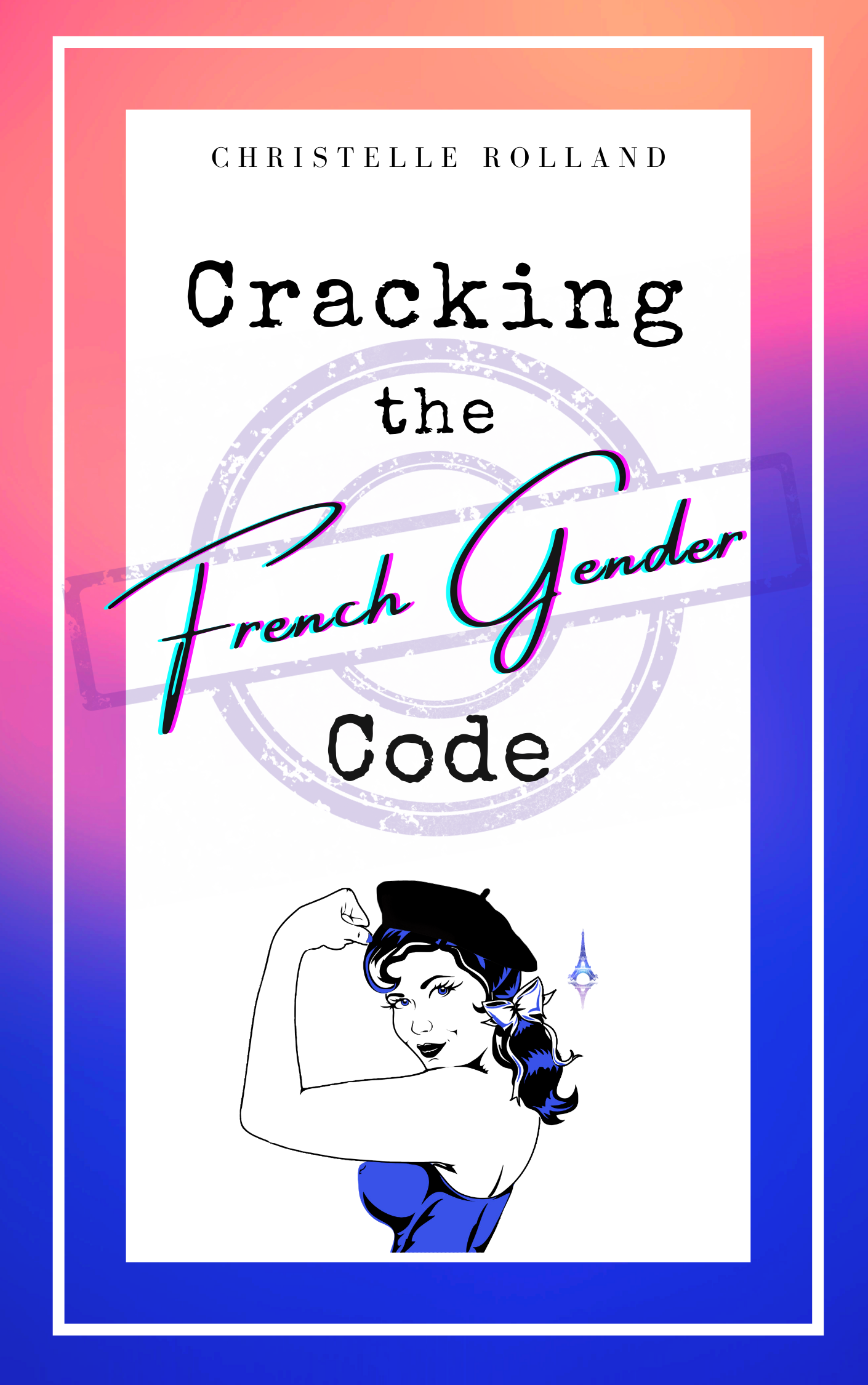

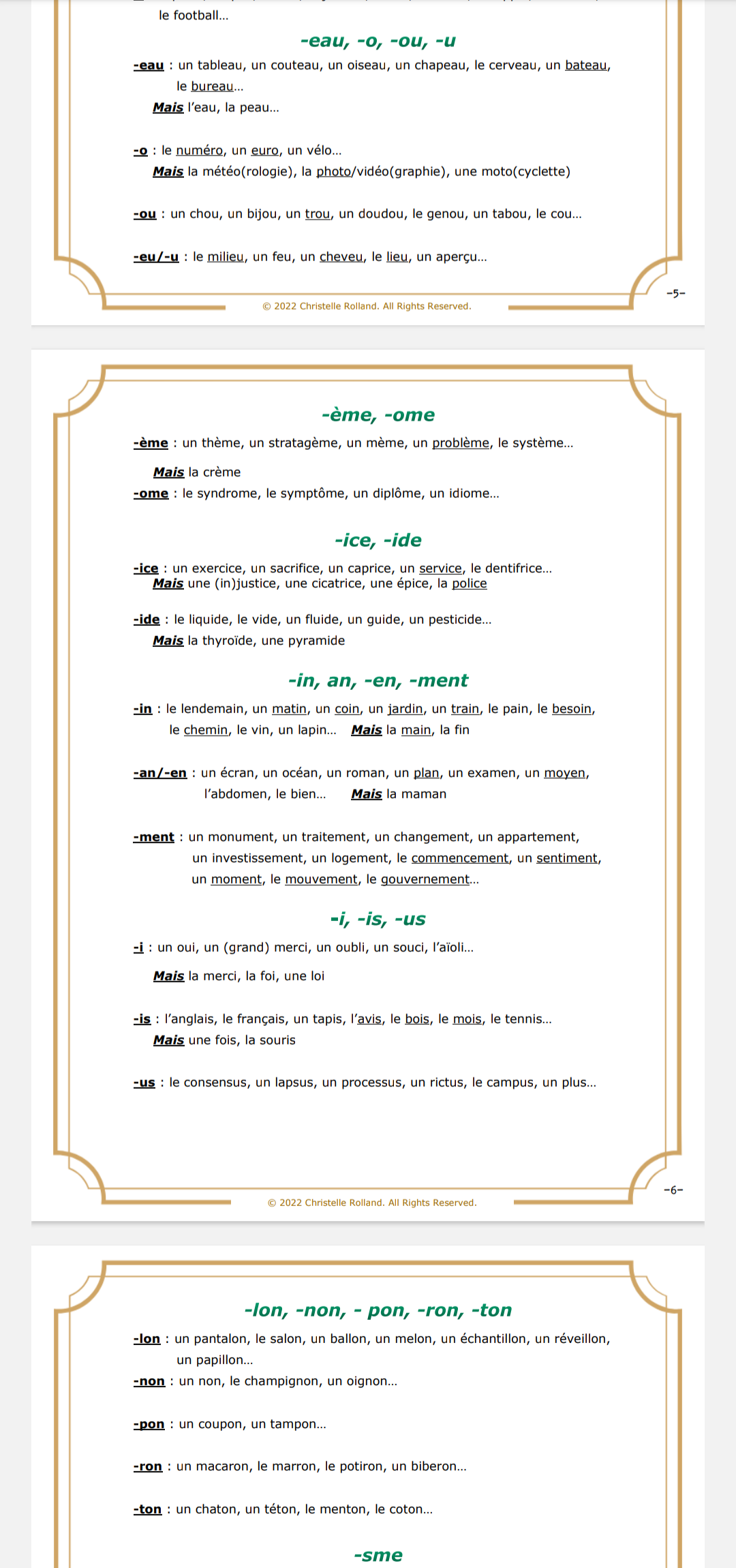
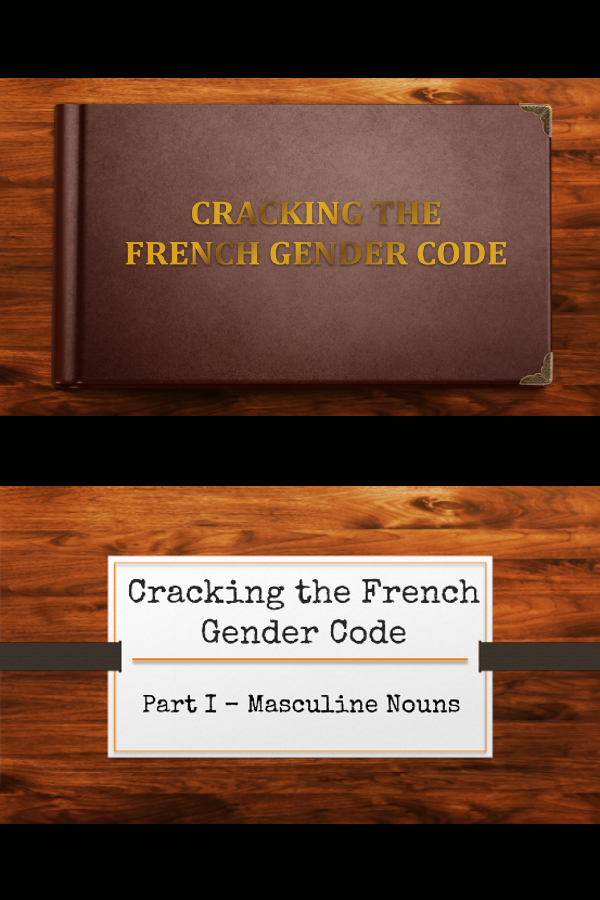
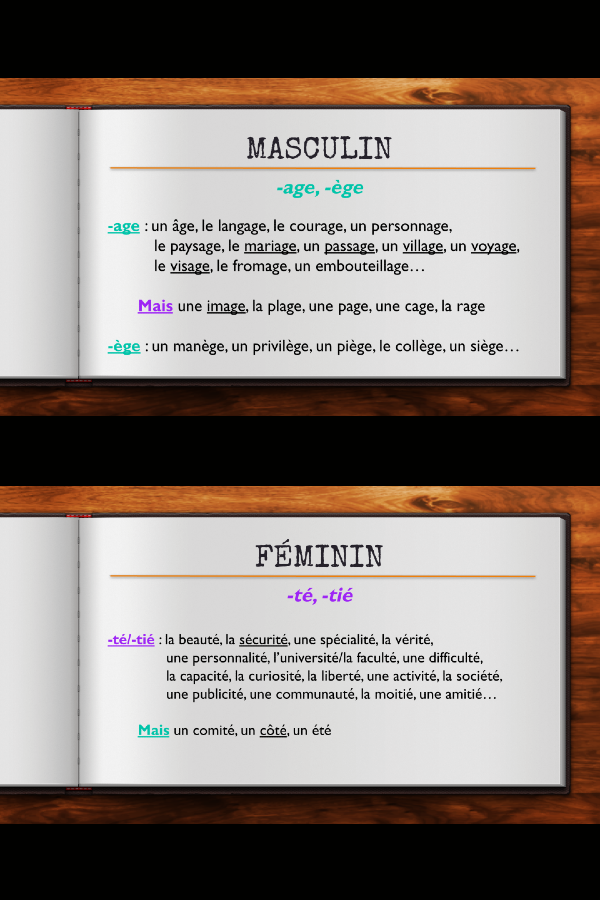
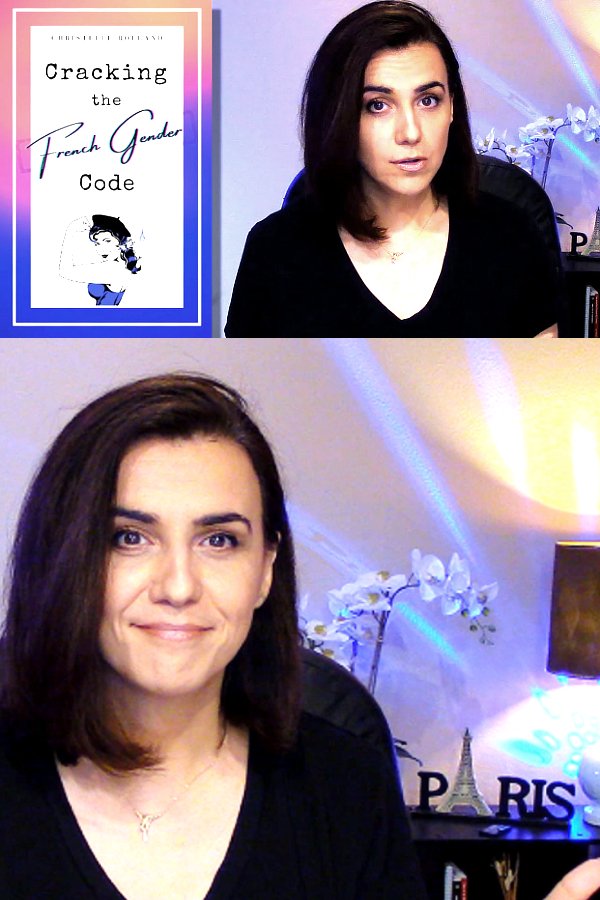
Cracking the French Gender Code
Language of instruction: ENGLISH | Level: ALL | Videos: 1.5hr | Size: 1.6MB
This FULL GUIDE to French genders includes:
a 16-page printable PDF detailed guide organized around 3 main categories
a curated selection of practical words for everyday situations
exclusive access to 3 walk-through videos (1.5 hour total) designed with color-coded slides and timestamps to help you with pronunciation, meaning and usage
2 summary charts to facilitate the learning/reviewing process
1 self-grading online quiz + 1 bonus quiz for extra practice
a link to the full Google Slides presentation (educational resource)
Payment methods available:
PayPal
Credit cards
From the INTRODUCTION :
Making a lot of gender mistakes in French is distracting and can quickly become an obstacle to effective communication. When asked, most native speakers will tell you there are no rules to help you determine whether a noun is feminine or masculine. They “just know.” The truth is… they’ve never given it any real thought and are genuinely unaware of the cognitive process that goes into figuring out the gender of French nouns.
As children, native speakers of French subconsciously internalize patterns that allow them to intuitively know if a noun is masculine or feminine, even when they encounter new words. They can occasionally be wrong when they have to take a guess, but they typically get it right most of the time!
This detailed guide makes it possible for you to train your intuition through pattern recognition.
French gender patterns come in the form of common word endings derived primarily from Latin and Greek. By becoming familiar with those endings via repetition, you can learn to correctly identify the gender of up to 80% of French nouns with an accuracy of about 95%. The patterns correctly predict the gender of at least 26,800 nouns you'd otherwise have to memorize.
This is a great chance to dramatically expand your French vocabulary with a curated selection of practical words that are relevant to everyday interactions. Even if you’re a beginner, this course will give you a solid lexical foundation to build upon as you learn other aspects of the language. Happy code-cracking!
